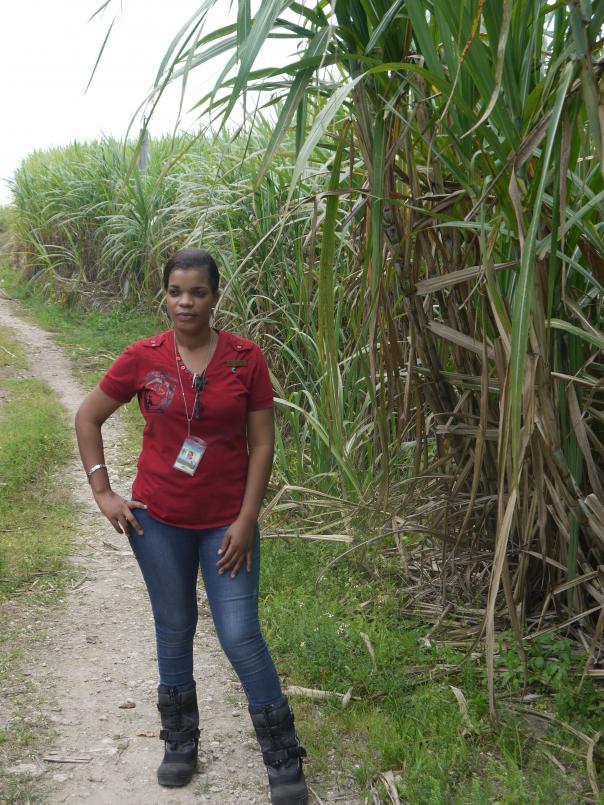
On the day of the launch of Fairtrade Fortnight, the Fairtrade Organisation is claiming in its Sugar Crash report that small-scale sugar cane farmers in African, Caribbean and Pacific (APC), and Least Developed Countries (LDC) will struggle to compete with European sugar beet farmers, who receive subsidies from the EU, as a result of the EU decision to lift the cap on EU sugar beet production by 2017.
The Sugar Crash report notes the Department for International Development’s (DFID’s) research, which finds that the end of the beet sugar quota could push 200,000 people in developing countries into poverty by 2020. Fairtrade is suggesting that sugar cane farmers are being priced out of alternative markets and risk losing their livelihoods sooner than anticipated.
Michael Gidney, chief executive at the Fairtrade Foundation, said: “We cannot stand by and watch as thousands of sugar cane farmers in developing countries, who have supplied the UK for generations - and in some cases, been encouraged with EU funds to grow more sugar – lose their livelihoods.
“This is not a levelling of the playing field, because European beet sugar farmers get a subsidy from the EU.
“We need a new approach that puts farmers first. We’re calling on the EU to bring together government, business and civil society, to find and fund solutions that will support sugar cane farmers to stay in the game, find new markets or diversify.
“Crucially, they must involve sugar farmers in the process – and as a quarter of the EU’s sugar imports from these countries comes to the UK, DFID must play a lead role.”
The EU decision to end the beet sugar quota and the subsequent reform is viewed by the Fairtrade Organisation as a direct threat to the future of Fairtrade sugar, which has helped over 62,000 small-scale sugar cane farmers in developing countries to increase productivity and business.
Alexia Ludford, a sugar cane farmer from Jamaica, who is in the UK to launch Fairtrade’s report, said: “Fairtrade goes beyond extra payments, it’s about creating new opportunities. The farmers benefit, the community benefits, kids benefits, everyone benefits.”
The Sugar Crash report marks the launch of Fairtrade Fortnight, which was first held in 1995 aim is this year aiming to turn the spotlight on producers who grow everyday foods such as cocoa, sugar and tea, to show the difference that Fairtrade makes to their lives. The full report is available below.